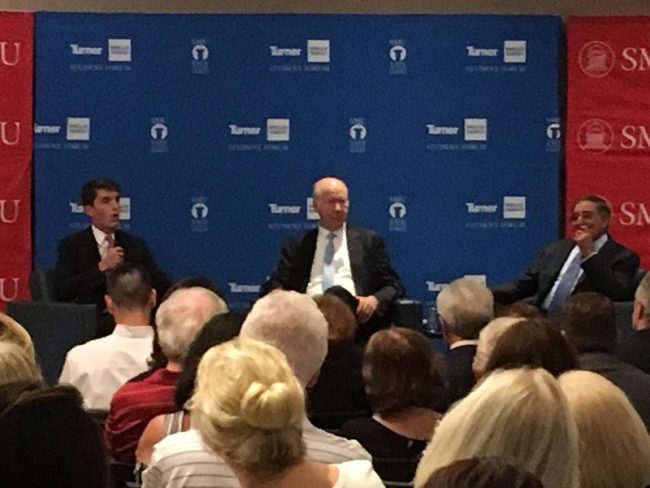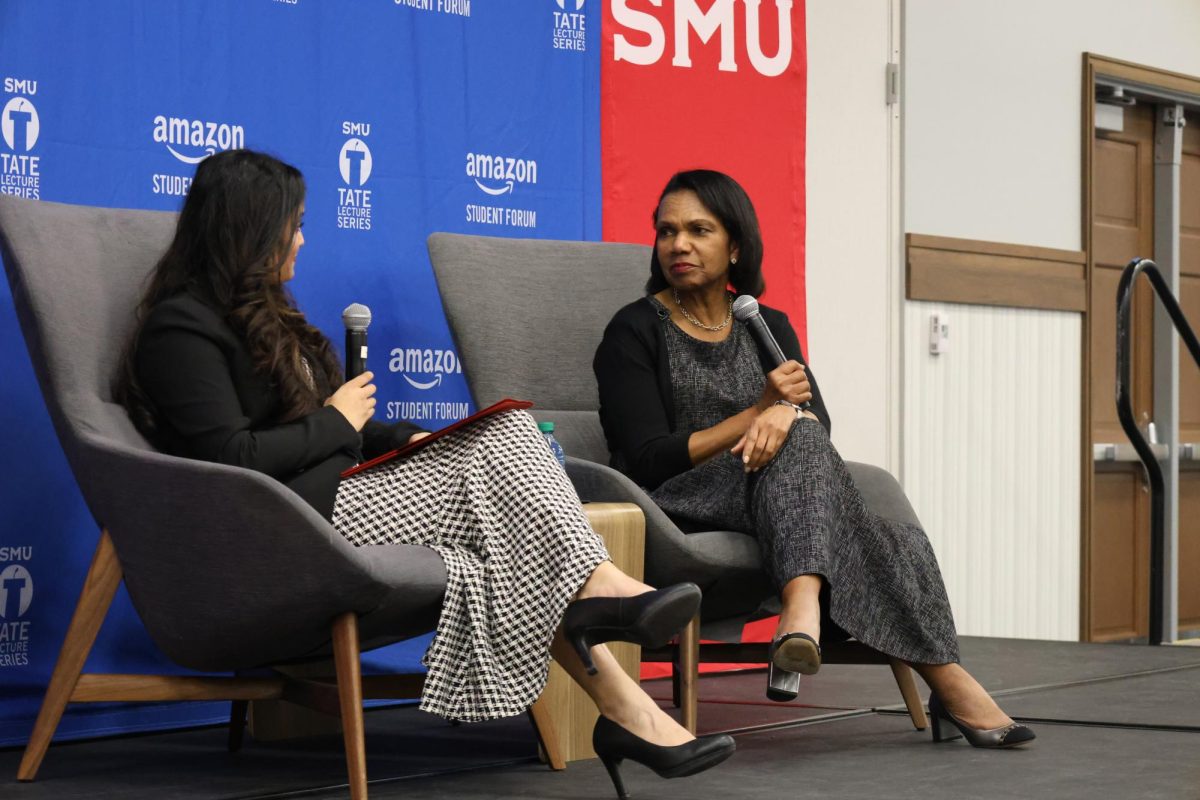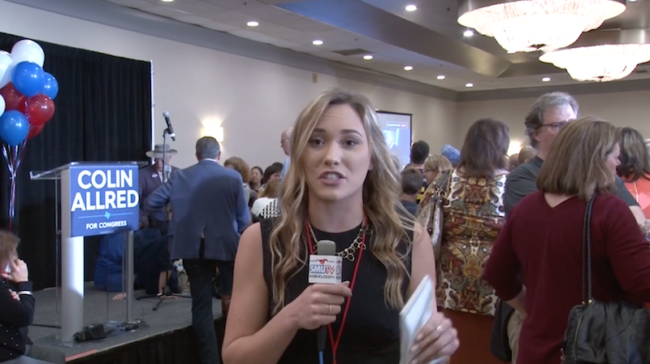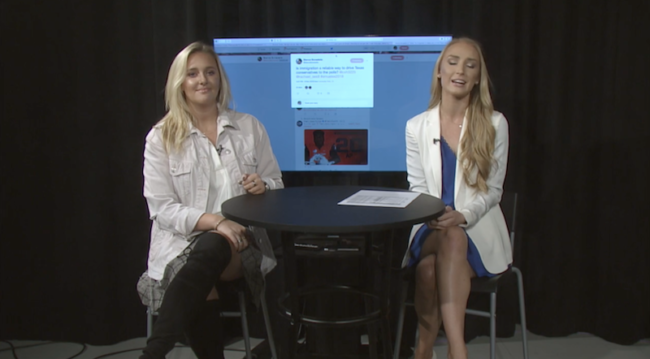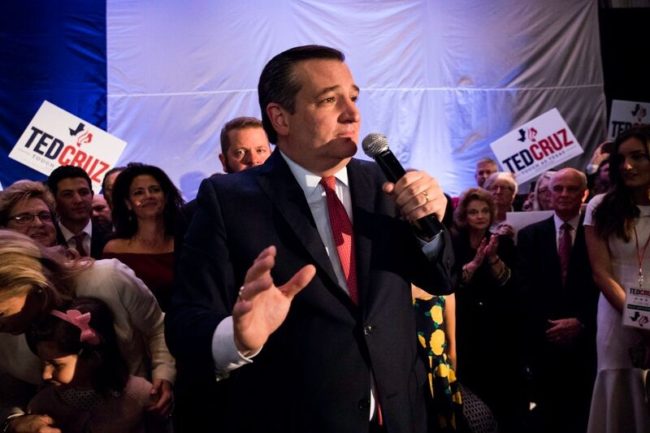Leon Panetta shared the story of taking down Osama bin Laden at the Tate Student Forum on Tuesday Sept 25 in the Hughes-Trigg ballroom.
As Director of the CIA, Panetta prioritized catching bin Laden. Panetta set up a specific CIA task force dedicated to tracking down bin Laden’s network, and ultimately finding him.
When the CIA found the compound, Panetta recalled the difficulties of surveilling it because it had 18-foot and 12-foot walls topped with barbed wire. The compound was abnormal in the town of Abbottabad, Pakistan. Panetta said the mission was difficult because the United States did not know if it could trust the Pakistanis.
“Every time we alerted Pakistan about a target, the target disappeared,” Panetta said.
Ultimately, the United States elected not to tell Pakistan about the raid and to complete it without informing Pakistan about their plans. The United States successfully completed the operation which ended the 10-year-long manhunt for the organizer of one of the greatest tragedies in American history.
Panetta also discussed the dangers related to the “America First” rhetoric and policy of the Trump Administration.
“’America First’ is a terrible mistake,” Panetta said.
Panetta railed against the ideology behind American isolationism. He argued the United States has to be a leader in this era of globalization. Otherwise, China may fill the gap the U.S. leaves behind.
Panetta, along with moderator David Gergen, emphasized the success of international cooperation efforts such as the United Nations and the Marshall Plan.
Gergen and Panetta emphasized it is possible to both take care of the American people and help our allies abroad. Panetta said President Trump presents a “false choice” when President Trump says we have to put America first.
The most controversial point of the day was Panetta and Gergen’s agreement regarding the National Service System. They said there needs to be a National Service System that would require all Americans to, in some way, serve their country.
The question here was on required military service, which would reinstitute a mandatory draft. This would be similar to the systems in place in countries like Israel and South Korea.
Both Panetta and Gergen agreed an equal substitute, such as service in the bureaucracy, Peace Corps or other similar organization would be acceptable in place of military service.
“Learn what duty to country and responsibility is all about,” Panetta said.
Panetta also shared some of his life story at the student forum. His story begins as the son of Italian immigrants and he describes how he built his legacy through hard work.
“Child labor was a requirement in my family,” Panetta said as he recalled his experience working for his father washing dishes in the back of the restaurant.
This work gave Panetta a good work ethic, and it helped build the character that would shape the rest of his career. Panetta served in the U.S. Army which he credits for giving him the skills he needed when he was Director of the CIA and later Secretary of Defense in the Obama Administration.



